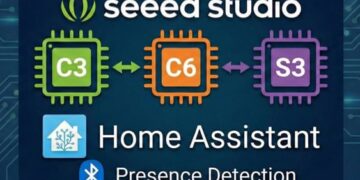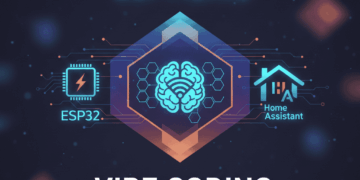Session DCIM-B386: Mark Russinovich and Mark Minasi on Cloud Computing. Mark and Mark are probably easily the top two speakers each year at TechEd. Between their delivery style and technical content, you can’t beat them. This session had zero slides, and was more of a Q&A format. Minasi asked Russinovich a variety of questions. I’ve captured some of the highlights in the session notes below. For the full effect, and lots of jokes, watch the video on Channel 9 whenever it gets posted.
- Azure will double capacity this year, and then double again next year. They have over one million servers today and buy 17% of the servers worldwide.
- Parts of Azure update from daily to every three weeks. Different components have different release cadences.
- Azure hyper-v team branches the code base with new features, then the Azure features are rolled back into the general public release in the future. The merging and branching happens continuously.
- Boxed products like Windows Server have a much longer test cycle than Azure releases. Different risk mentality.
- Azure now runs on stock Hyper-V 2012 R2. Previously it was running a branched WS2012 hypervisor.
- Building Azure is speeding up the pace at which features are added to Windows Server and other MS products.
- The cloud is becoming cheaper and cheaper. Automation drives the cost of computing down. You must force yourself to automate.
- Azure buys a zillion servers, custom white boxes, and intense automation drives down the prices.
- Mark R. states there will be on-prem “forever”. For example, you still see mainframe today.
- We are at the beginning of the hockey stick and haven’t hit the inflection point for cloud migrations.
- On-prem wil still be growing for the next several years. But the cloud will be growing much, much faster than on-prem.
- As the cloud scales up, that’s where all the innovation and investments will go.
- On common path to the cloud is dev/test. Developers are in a hurry and can easily spin up VMs and don’t have to wait for IT. They are off and running and no need to wait for on-prem resources. Less security concerns.
- Another common scenario is using the cloud for DR. Maybe companies will just leave it in the cloud after a failure.
- Three major cloud players: Azure, Amazon, Google. The others in the short term will still exist, but over the years will fall away.
- Cloud providers need a global presence and footprint, and takes 3 years and $1b per datacenter to build out. MS is building out 20 concurrent datacenters right now. Small cloud providers just can’t compete on that scale.
- Microsoft thinks they are the best cloud player because customers already have MS software on-prem and know it well. MS has a good connection with customers/products. Azure has Active Directory, which lets you use on-prem credentials for the cloud. Same role based access controls.
- Active Directory is the center of gravity for cloud identity.
- Office + Active directory worked extremely well for on-prem, and Azure is duplicating that in the cloud.
- Over the next two years MS will increase the ‘same experience’ between on-prem and Azure, first starting with developers. Second priority is production workoad similarity. Application and management consistency between on-prem and Azure.
- IP addresses in Azure are not static. If you power cycle (not reboot) a VM it may/will get a different IP address.
- This week MS announced true static IPs in Azure. You get 5 static IPs for free with every subscription.
- Multiple NICs are coming to Azure VMs “soon”
- Azuze storage can be geo-replicated at an additional cost
- Azure offers “site recovery” feature. Symantec is offering Azure backup targets.
- Microsoft says a bug that would expose customer data to other customers would be “catastrophic” and may be end of the cloud.
- Microsoft is very concerned about data security
- Microsoft does not datamine from VMs in Azure
- MS is working on encryption technology where you can do compute on encrypted data but MS will not have access to the data.
Beyond informative, the session was very entertaining. I definitely recommend watching the video for the full effect.




